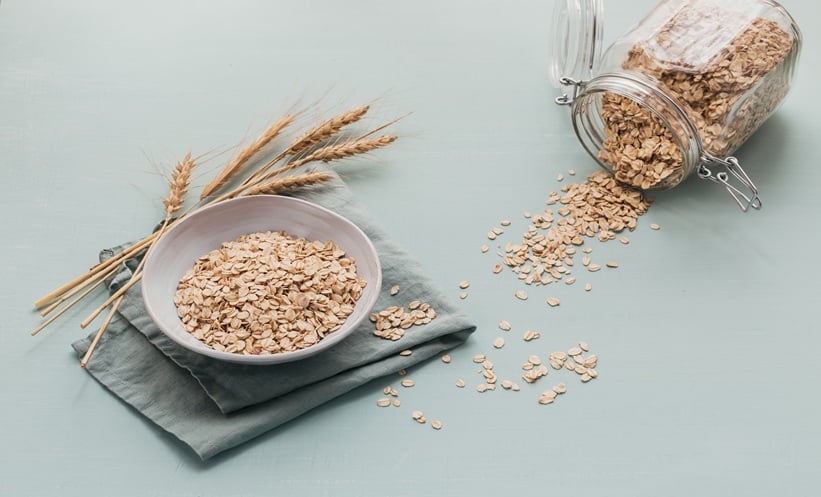A RECENT study revealed significant sex-based differences in how the human body digests proteins from bovine milk and oat drinks—findings that could transform the design of functional foods and dietary recommendations.
Using a semi-dynamic in vitro digestion model tailored to male and female physiological conditions, researchers investigated how proteins from milk and oat drinks, as well as their powdered counterparts, are broken down into peptides and amino acids. The study found distinct proteolytic patterns between the sexes.
In male-simulated conditions, milk proteins were more efficiently broken down, producing bioactive peptides with antimicrobial, Dipeptidyl peptidase-4 inhibitor, and cholesterol-regulating properties. In contrast, female gastrointestinal conditions led to better digestion of oat proteins and released peptides with osteoanabolic potential—suggesting a potential benefit for bone health.
Interestingly, female conditions released more free amino acids from oat drinks than from milk, while the opposite was true for males. These findings suggest that consumer biological sex could play a crucial role in how nutrients are absorbed and utilized from different food sources.
Lead author Leehen Mashiah and colleagues argue that food innovation must start considering sex-specific digestive physiology to better tailor functional foods and promote sustainable, personalized nutrition.
With the rise of plant-based diets and interest in optimizing health through diet, this study adds valuable knowledge to the conversation around individualized nutrition. It also calls for greater attention to biological variables—such as sex—in the development of future food formulations.
Reference
Mashiah L et al. Sex-based differences in in vitro digestibility of milk and oat drink, and powder counterparts. Food Res Int. 2025;DOI: 10.1016/j.foodres.2025.116610.








